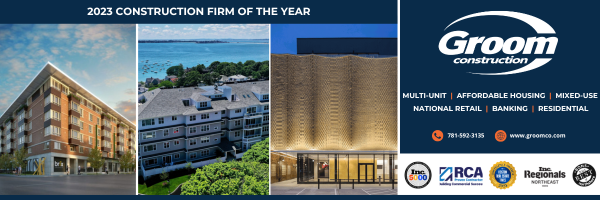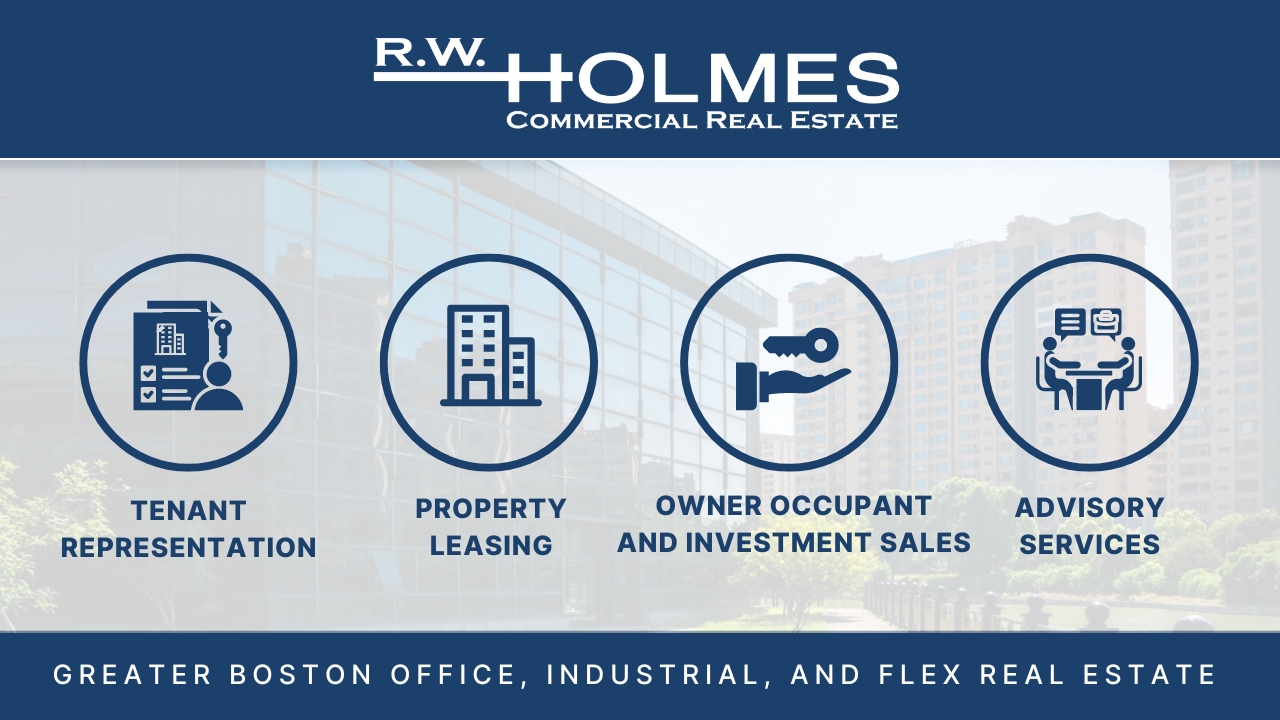BOSTON–Construction cost in Boston rose by 1.26 percent during the second quarter of this year, according to report by international property and construction consultancy firm Rider Levett Bucknall (RLB).
RLB recently released its new Quarterly Cost Report (QCR) for North America. With data current to April 1, 2020 and featuring construction cost information for 14 US and Canadian markets, the QCR provides a statistical view of the state of the construction industry, detailing indicative construction costs for eight building sectors.
The impact of the coronavirus is seen in construction project shut-downs and pauses that marked the early phase of the pandemic, generating elevated unemployment numbers, the report said. Jobsite reopenings are encouraging, but as these projects wrap up, the business equation will shift: the construction backlog appears to be evaporating quicker than the pipeline is filling.
A silver lining?
While the immediate outlook is hazy, there is cause for longer-term optimism. “The remote-working conditions caused by the pandemic forced companies to accelerate their adoption of digital processes,” said Julian Anderson, FRICS, President of RLB North America. Looking ahead, Anderson sees this renewed focus on technology will drive the overall industry to become more efficient.
Market highlights
- RLB reports that from January 1, 2020 to April 1, 2020, the U.S. national average increase in construction costs was approximately 0.41% (1.64% annualized)
- Los Angeles (2.18%), Boston (1.26%), Seattle (1.00%), San Francisco (0.90%), Denver (0.59%), Phoenix (0.51%), and Las Vegas (0.42%) are the markets with cost increases above the national average during the second quarter
- In Canada, Toronto tallied a Q2 construction cost index of 1.25%, while costs in Calgary rose to 0.60%
Key fiscal barometers
- Experiencing its first negative growth in six years, the U.S. Gross Domestic Product reported at -5.0% during Q1 2020
- Reflecting the pandemic, the Architectural Billings Index is 33.1 points; a score below 50 indicates declining billings
- The Canadian GDP sees its first negative growth in nearly four years, with a -2.11% change from Q4 2019
Read the complete Rider Levett Bucknall QCR Q2 report here.




















